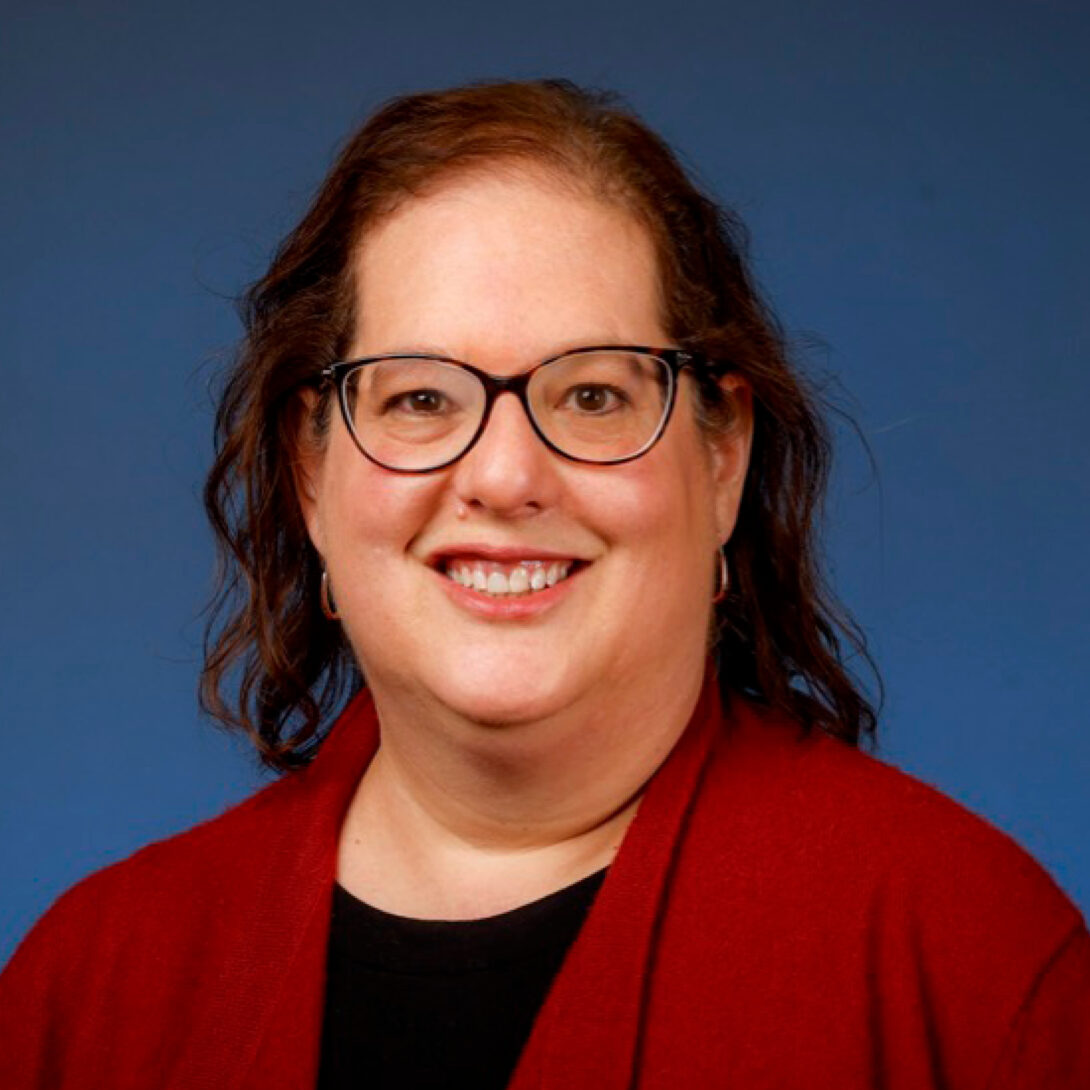Engineering Law: UIC Adjunct Lecturer empowers engineering students with a strong understanding of the law
Engineering Law: UIC Adjunct Lecturer empowers engineering students with a strong understanding of the law

Engineers play a pivotal role in developing and designing products, systems, and technologies that significantly impact society. It is imperative for them to have a grasp of the legal frameworks and regulations that oversee their work.
Meet UIC College of Engineering Adjunct Lecturer, Maurine Neiberg, J.D.. With a M.S. in Computer Science from Brown University and a J.D. from the University of Chicago Law School, Ms. Neiberg users her experience to teach the MENG 400: Engineering Law course for the Online Master of Engineering with a focus area in AI and Machine Learning program. Prior to becoming a lawyer, Ms. Neiberg worked as a software engineer in applied research in artificial intelligence. She currently works as an Intellectual Property Attorney for Jane Freedom Law Inc. and works part-time teaching law for the School of American Law, Chicago Kent Law School, and UIC.
Learn more about Ms. Neiberg and her commitment to providing engineering students with a solid legal foundation aimed at empowering them.
Tell us a little about yourself. How did you become interested in the law and/or engineering field?
I wrote software for five years and worked in the applied AI research center at the MITRE Corporation. I realized I liked what I was doing, but to do anything else that interested me, I would need to go back to school. This was around the time that we started to see the first cases of user interfaces. Technology and law were interacting in a way we had never seen before. I realized that the engineers creating the software didn’t understand the legal underpinnings and the lawyers didn’t understand the technology. So, I saw a niche, and as I like to say, I blew up my life and went to get my law degree from the University of Chicago Law School.
I practiced for Latham and Watkins, which is a large international law firm, and I was also in a solo practice for a couple of years. Then in 2013, my friend Jane decided to start her own firm and she needed intellectual property council, so I was the first attorney brought on. I also teach intellectual property law for the School of American Law and Chicago Kent Law School, and I’ve taught all over the world in some interesting places, such as Beijing and Shanghai, and maybe the most interesting was for judges in Thailand.
Why is it important for engineering students to learn about the legal system? What do you hope they learn in your MENG 400: Engineering Law class?
Some of the most tangled legal problems is when owners of businesses or people running businesses think they can solve legal problems on their own. Even if engineers don’t plan to own their own business, they will still work for somebody, and they’ll need to understand how businesses are put together and how to protect their personal assets. I like to think my class teaches students how to be a good client. They need to understand when to talk to a lawyer, how to talk to a lawyer, and what questions to ask.
I also think it’s important to distinguish between what is law, which is not negotiable, and what is ethics, which has a fair amount of interpretation. I want my students to understand the general outlines of law, but also understand how it could affect them. My practice deals with entrepreneurs and the MEng program has a fair amount of entrepreneurship in it. We talk about the legal framework in forming a business, and what are the responsibilities of the business owner putting technology out there into the world.
What is the most important thing you’ve learned about having a successful career that you would like to pass on to people considering this field?
I think it’s the soft skills that end up being the most important. How do you get along with your colleagues? How do you get people to understand the work you’re putting out? Soft skills were important when I was writing software and it’s important as a lawyer. Those are some of the skills we practice in my MEng class. Students will take part in discussions where they try to convince their classmates that their point of view is correct.
Is there anything else you would like to share?
One of the things I try to do in my course is offer an optional online weekly meet-up that is two hours. For one of those hours, I answer any questions students may have as part of my office hours, and then I have a guest come in and speak on different topics for the other hour. My recent guest lectures included a trademark examiner who spoke about what happens in the trademark office, a contract scholar talk about the theory of contracts, a privacy scholar talk about digital privacy, and a lawyer, who’s one of the country’s experts on patenting blockchain inventions, come in and talk about what is and not patentable. Students who attend end up engaging in a discussion, and I hope that adds some value to the course.